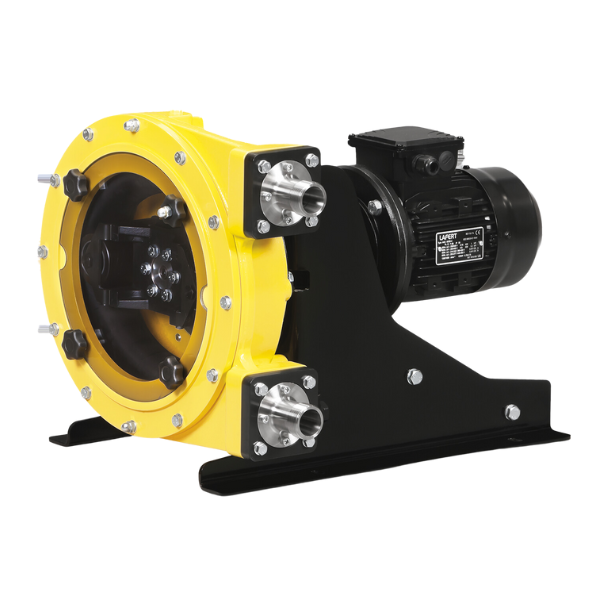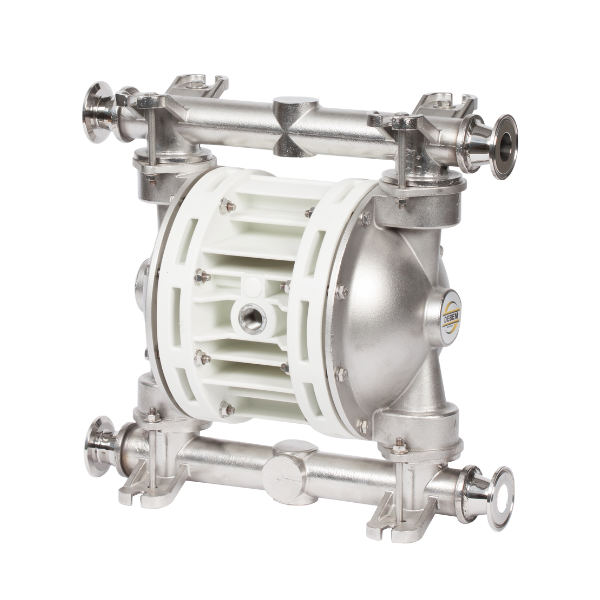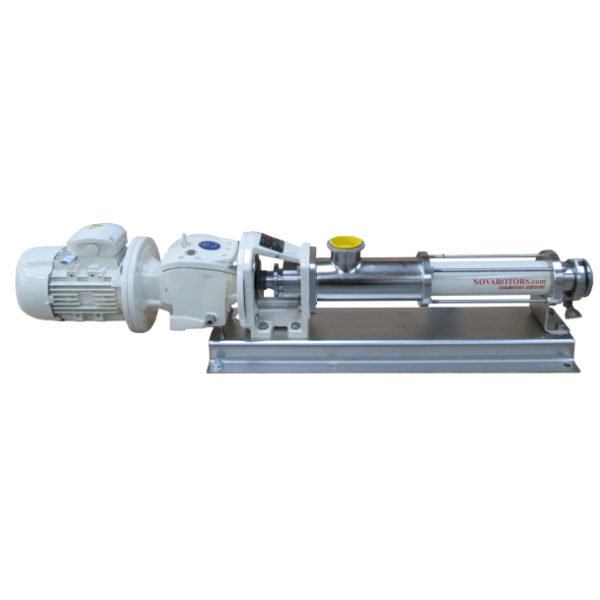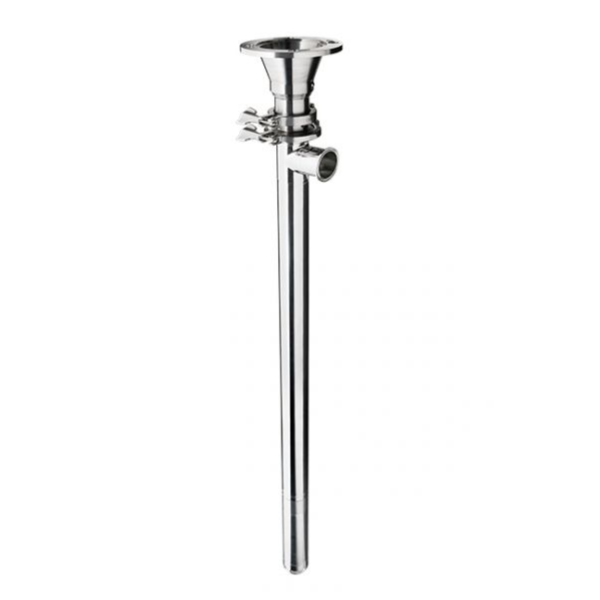
High Viscosity Pumps
Discuss your high viscosity fluid application with our pump experts today!
90 products

- Max Flow Rate: 800lpm
- Max Head: 80M
- Max Temperature: 95ºC
- Max Viscosity: 50000 cP
- Solids: 10mm
- Size: 3"
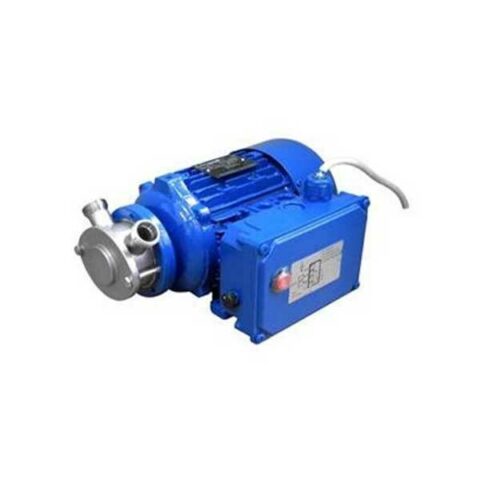
- Max Flow Rate: 24lpm
- Max Head: 30M
- Max Temperature: 100°C
- Max Viscosity: 50,000 cP
- Solids: 3mm
- Size: 3/4''

- Max Flow Rate: 86lpm
- Max Head: 27M
- Max Temperature: 100°C
- Max Viscosity: 50,000 cP
- Solids: 5mm
- Size: 1'' to 1 1/2"
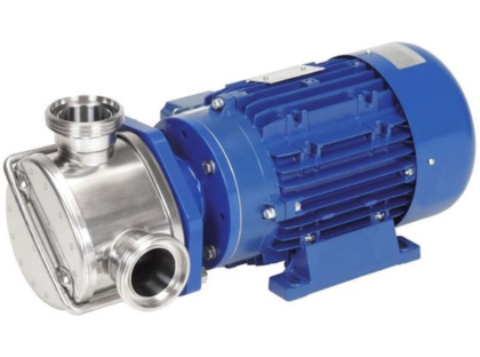
- Max Flow Rate: 150lpm
- Max Head: 27M
- Max Temperature: 100°C
- Max Viscosity: 50,000 cP
- Solids: 10mm
- Size: 1 1/2'' to 2"

- Max Flow Rate: 326lpm
- Max Head: 16M
- Max Temperature: 100°C
- Max Viscosity: 50,000 cP
- Solids: 15mm
- Size: 2" to 2 1/2"

- Max Flow Rate: 690lpm
- Max Head: 16M
- Max Temperature: 100°C
- Max Viscosity: 50,000 cP
- Solids: 25mm
- Size: 2 1/2" to 4"

- Max Flow Rate: 86lpm
- Max Head: 27M
- Max Temperature: 100°C
- Max Viscosity: 50,000 cP
- Solids: 5mm
- Size: 3/4" to 1 1/2"

- Max Flow Rate: 1083lpm
- Max Head: 32M
- Max Temperature: 100°C
- Max Viscosity: 50,000 cP
- Solids: 25mm
- Size: 3/4" to 4"

- Max Flow Rate: 326lpm
- Max Head: 27M
- Max Temperature: 100°C
- Max Viscosity: 50,000 cP
- Solids: 25mm
- Size: 1" to 2 1/2"

- Max Flow Rate: 1083lpm
- Max Head: 32M
- Max Temperature: 100°C
- Max Viscosity: 50,000 cP
- Solids: 25mm
- Size: 1” to 4"

- Max Flow Rate: 690lpm
- Max Head: 20M
- Max Temperature: 100°C
- Max Viscosity: 50,000 cP
- Solids: 25mm
- Size: 1” to 4"

- Max Flow Rate: 690lpm
- Max Head: 24M
- Max Temperature: 100°C
- Max Viscosity: 50,000 cP
- Solids: 25mm
- Size: 1” to 4"
FAQs
Positive displacement pumps such as peristaltic, progressive cavity, diapghram and flexible impeller pumps are usually selected for viscous fluids, as flow rate and efficiency is not negatively effected by viscosity.
